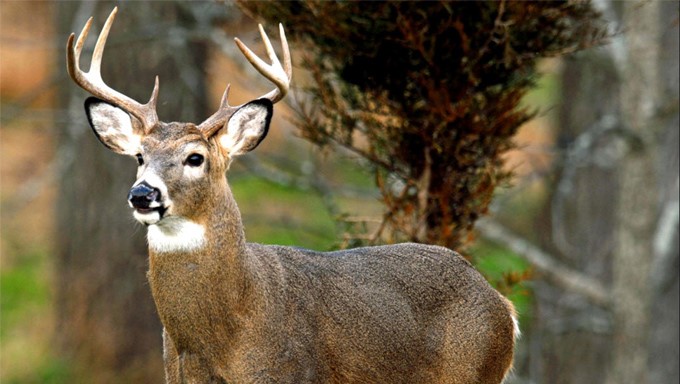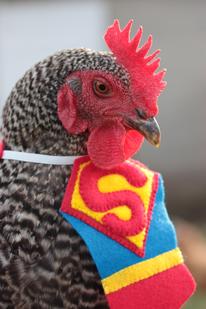
Local
Don’t eat the prions
Minnesota’s firearms deer season begins on Saturday, Nov. 3. Around half a million hunters are expected to participate to the opening weekend. There’s plenty to hunt, as deer numbers continue to rebound across the state. Many areas have populations at or above goal levels.
Hunters in the central, north-central and southeast Minnesota have to have their harvested deer tested for chronic wasting disease during the opening weekend. CWD is a neurological prion disease affecting the cervid family (deer, elk, moose, reindeer, and caribou). Agents of all known prion diseases, including CWD, should be prevented from entering the human food chain according to the World Health Organization.
Last but not least, hunters need to ensure the safety of them and others by following the three tenets of safe firearms handling: Treat each firearm as if it is loaded by keeping finger off the trigger; always control the muzzle of the firearm; and be sure of target and what is beyond. Luckily our hunters are very responsible, and are in-fact most prone to injure them selves on the tree stand - so be careful out there and make sure you don’t slip!
National
CDC has no objections to your chicken dress up
Breaking, and relieving news: despite news reports to the contrary, according to an official press release the Centers for Disease Control and Prevention (CDC) has not warned people against dressing chickens in Halloween costumes. Unfortunately, the question still remains whether Frankie the rooster objects to dressing up as Deadpool or not, so the flock party is still on hold.
CDC does however advise people with backyard or pet chickens to handle them carefully. Specifically CDC reminds to always wash your hands after touching chickens or things in their environment, to keep them outdoors and especially away from your food and to not kiss them - as tempting as it can be.
Outside of party chicken guidelines, CDC also advices against sharp dress-up objects, hopes you go trick-or-treating with a pall and that you would avoid eating home-made treats made by strangers. With these helpful tips, we want to wish you a happy and fun halloween!
Global
UK to possibly tighten food labelling rules
A horrific death of a 15-year-old may lead to tighter food labelling rules in UK, and possibly EU. Natasha Ednan-Laperouse collapsed on a British Airways flight from London due to an allergic reaction to sesame after eating Bret A Manger’s baguette sandwich which didn't list sesame as an ingredient.
Currently the food labelling rules in Europe state that any food products that contain the 14 main ingredients likely to cause an allergic reaction must be labelled as such. These allergenic ingredients include: celery; cereals that contain gluten; crustaceans; eggs; fish; lupin; milk; molluscs; mustard; tree nuts; peanuts; sesame seeds; soybeans; sulphur dioxide and sulphites. Manufacturers must make it clear whether food or drink products contain any of these allergens, whether they’ve been pre-packed or not.
However, according to EU law, this can be done in “written or oral formats”, meaning that customers may be required to ask whether food contains allergens when it’s not stated on the labelling. Michael Gove, the Secretary of State for Environment, Food and Rural Affairs of the United Kingdom has stated that the law on labelling allergens on food could be tightened as early as next summer. Pret A Manger has already voluntary decided to start labelling all ingredients and allergens on its products from next month onwards.
Questions, comments, feedback about today's Weekly Update? Please email Dr. Heidi Vesterinen
Receive the Weekly Update right in your inbox on Tuesdays and Thursdays. Subscribe now at z.umn.edu/WeeklyUpdateSubscribe

